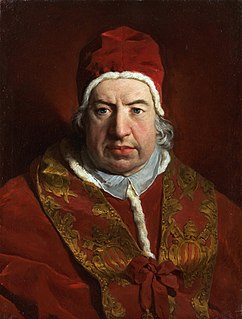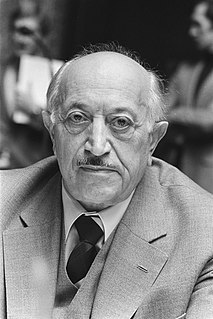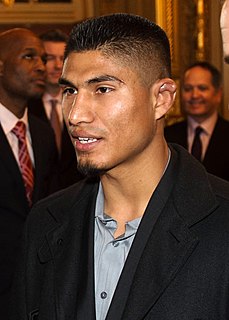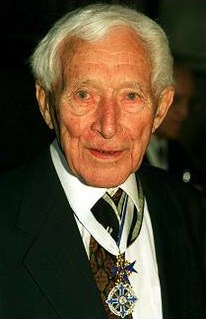A Quote by Anton Chekhov
It is the writer's business not to accuse and not to prosecute, but to champion the guilty, once they are condemned and suffer punishment.
Related Quotes
I mean not to accuse any one, but to take the shame upon myself, in common, indeed, with the whole parliament of Great Britain, for having suffered this horrid trade to be carried on under their authority. We are all guilty—we ought all to plead guilty, and not to exculpate ourselves by throwing the blame on others; and I therefore deprecate every kind of reflection against the various descriptions of people who are more immediately involved in this wretched business.
Any punishment that does not correct, that can merely rouse rebellion in whoever has to endure it, is a piece of gratuitous infamy which makes those who impose it more guilty in the eyes of humanity, good sense and reason, nay a hundred times more guilty than the victim on whom the punishment is inflicted.
You look forward. You don't go punitive. It's very small-minded to do that. There's campaign rhetoric, and then there's stuff that you actually do," and you're thinking, Snerdley, "He was never gonna prosecute her, just like they didn't prosecute [Richard] Nixon. If anybody was ever gonna prosecute anybody, it would be the Democrats prosecuting Nixon."
He’s bound to have done something,” Nobby repeated. In this he was echoing the Patrician’s view of crime and punishment. If there was a crime, there should be punishment. If the specific criminal should be involved in the punishment process then this was a happy accident, but if not then any criminal would do, and since everyone was undoubtedly guilty of something, the net result was that, in general terms, justice was done.
The (capital punishment) controversy passes the anarch by. For him, the linking of death and punishment is absurd. In this respect, he is closer to the wrongdoer than to the judge, for the high-ranking culprit who is condemned to death is not prepared to acknowledge his sentence as atonement; rather, he sees his guilt in his own inadequacy. Thus, he recognizes himself not as a moral but as a tragic person.




































